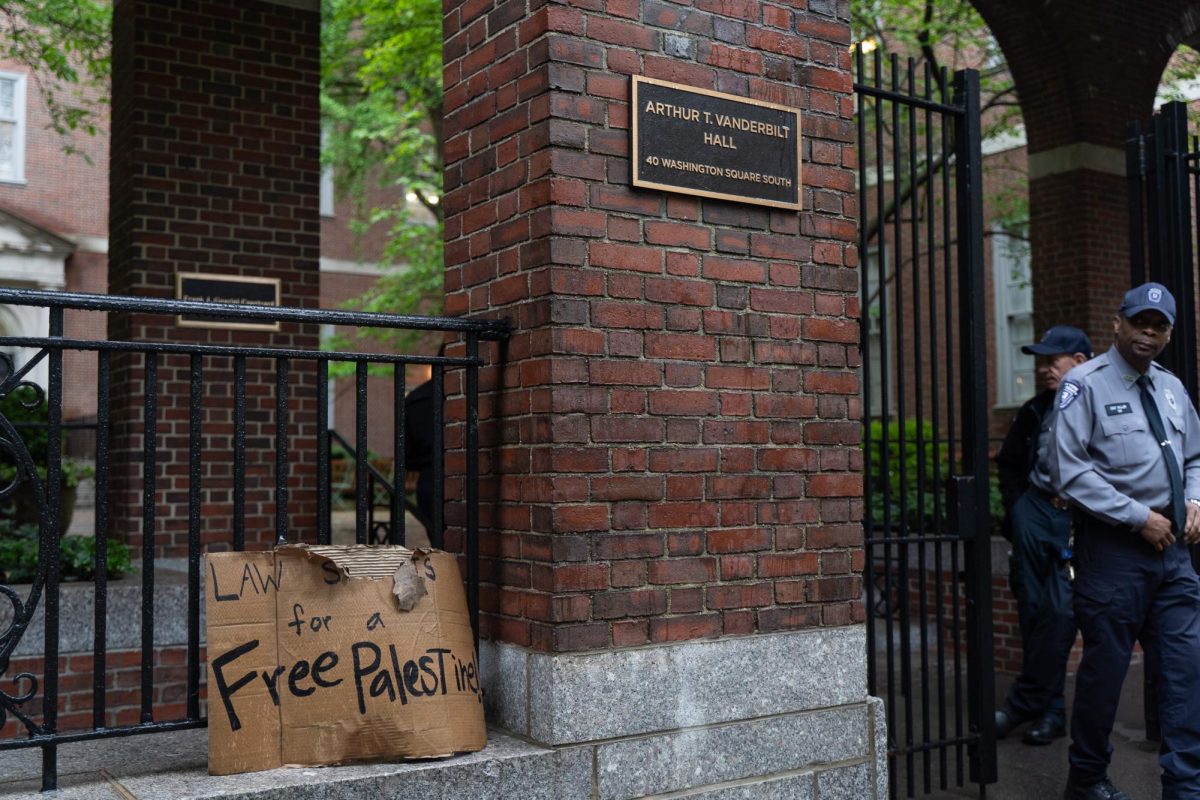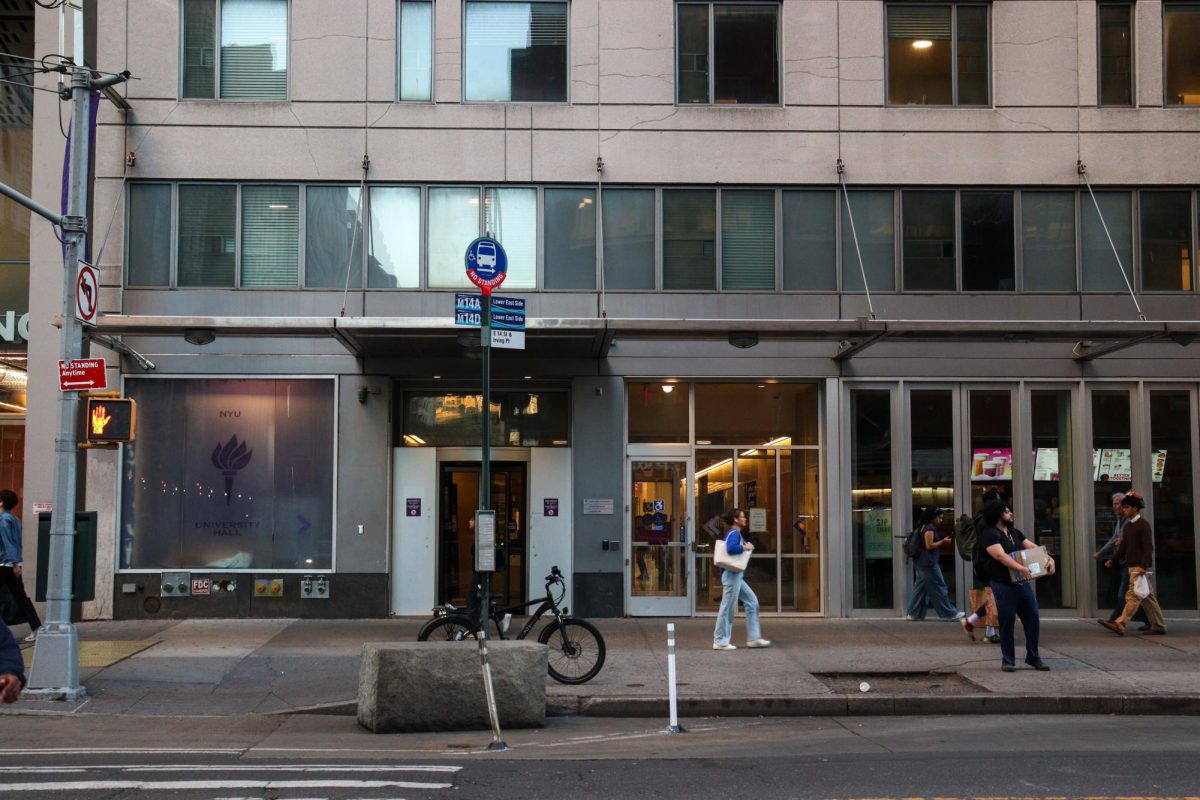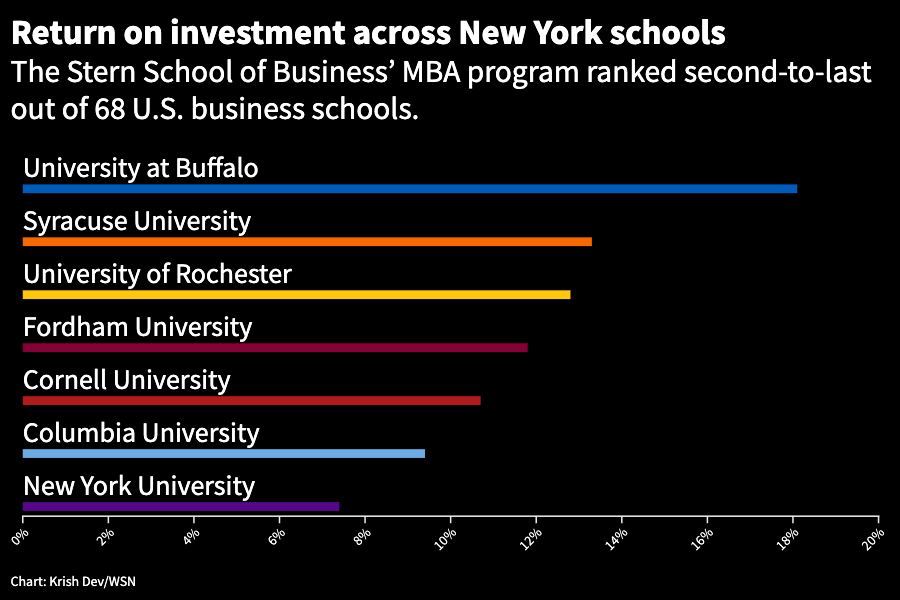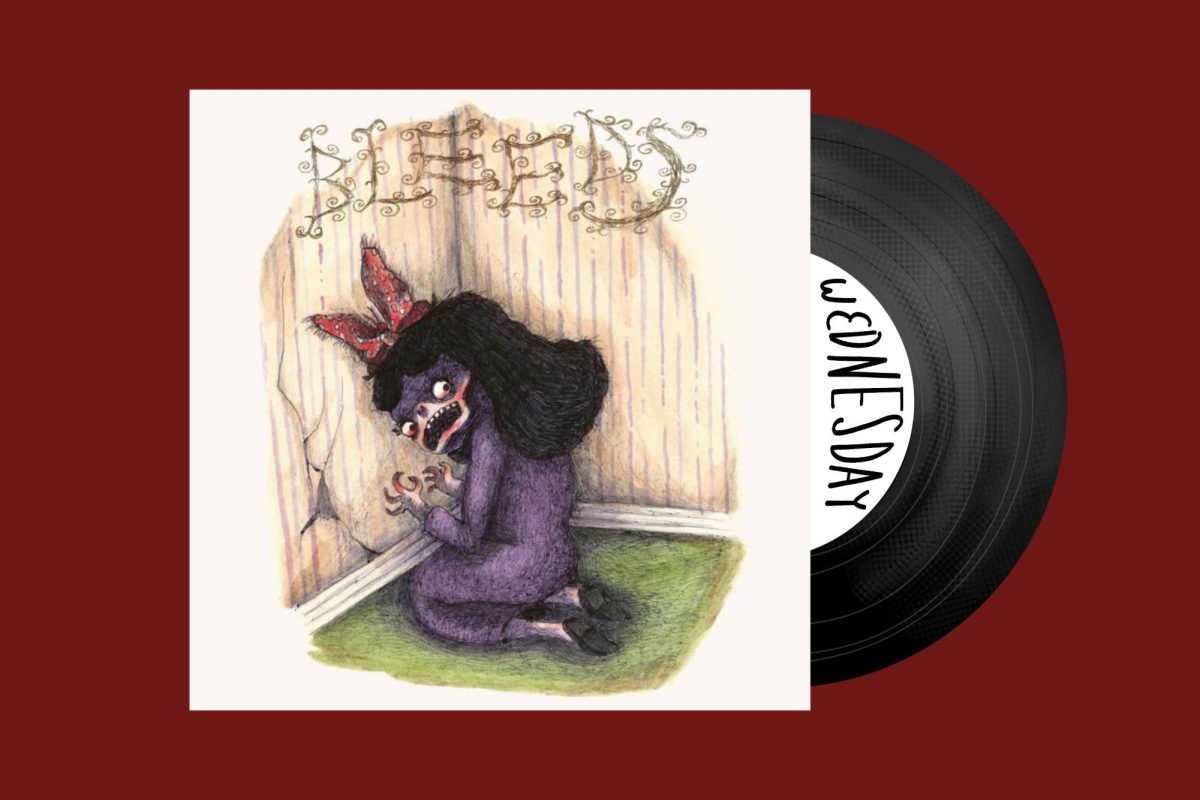The New York City Department of Education has revised rules of its disciplinary code that will be applied starting this academic year.
The DOE is required by New York State to annually review and revise their Discipline Code. Any revisions with the Discipline Code must be brought up at a public hearing. In June, many students, teachers and parents attended the hearing to show their support for the revisions.
According to the changes posted after the hearing at the end of August, student misconduct that had previously been grounds for suspension, including smoking, cursing and cutting class, will be treated with more leniency. Level 1 and Level 2 infractions, which the DOE defines as uncooperative and disorderly behavior, will no longer result in suspensions. But more severe rule breaking, such as physical assaults, will still carry the
suspension punishment.
The DOE defended its policy change by stating their new, more progressive discipline will concentrate on resolving problems rather than punishment.
“The changes will help us address the issues before they get worse, and our focus is on counseling including meetings, peer mediation and conflict resolution, to name a few, and other student support services,” said Marge Feinberg, a spokeswoman for the DOE.
Pamela Binder, a Manhattan resident with a child enrolled in the public school system, also has an optimistic outlook on the changes.
“I think [the proposed counseling] is great,” Binder said. “Maybe they will be able to help these children.”
However, Steinhardt professor of Educational Psychology Mark Alter said he is unsure if public schools have enough resources to support staff members who will be responsible for counseling according to the Discipline Code’s new standards.
“I hope this is not an unfunded, under-resourced and unaccountable mandate,” Alter said.
He added that the Department will need to implement a “transparent and accountable process to ensure a viable, efficient and effective intervention” to help children who are committing low-level infractions.
But Steinhardt freshman Mimi Broderick believes the new rules will have a positive impact on the students.
“Instead of being so severely punished for a small slip-up, students can get help with the problem rather than being punished and having that one slip-up on their transcript forever,” Broderick said.
A version of this article appeared in the Monday, Sept. 10 print edition. Michael Domanico is a contributing writer. Email him at [email protected].
























































































































































